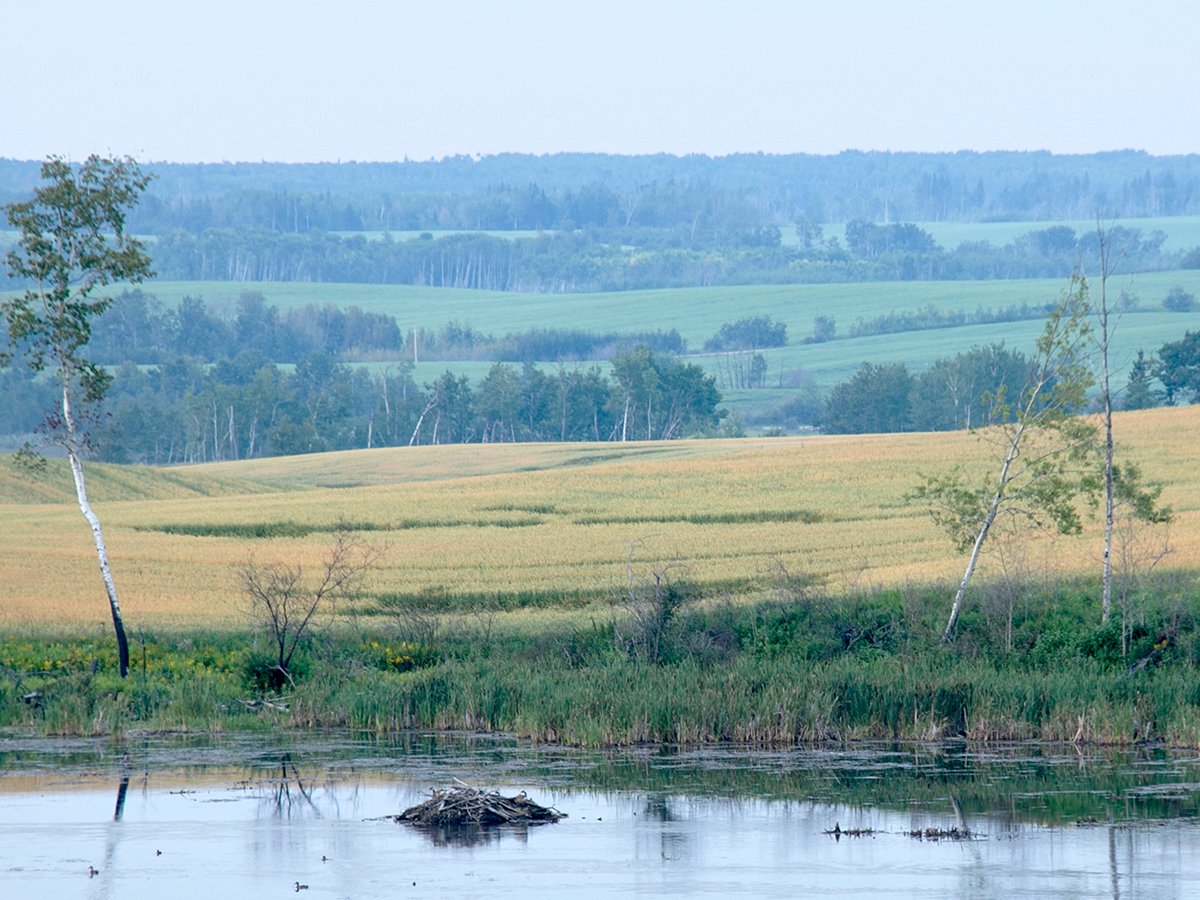Q: Our grandson was recently diagnosed with Asperger’s syndrome. What can you tell us about the condition? Does our grandson have any chancefor a reasonable life with this condition?
A: You did not mention your grandson’s age, but I suspect he is more than three years old. That is the earliest that a diagnosis is possible for Asperger’s.
Children with Asperger’s reach apparently normal growth and development goals the first couple of years in their lives. They do not start to show symptoms until they are about three. Many children are much older before they are properly assessed and diagnosed.
Read Also

Intergenerational rollover rules can help succession plans
One of the most significant concerns in succession planning for farmers is the tax bill that can come with passing the farm to the next generation.
Asperger’s is a neurological disease, similar to autism, but with the peculiar distinction of focusing on poor interpersonal and social relationships. Children with Asperger’s have few friends, find it difficult to understand how other children are feeling and seldom pick up on social cues given to them by their peer groups. Rather than having friends, they are often targets for playground bullies.
Apart from difficult social relationships, children with Asperger’s have a narrow range of interests and are often obsessed with one or two subjects. They are committed to repetitions, rituals and routines. Many are awkward and clumsy and, despite being intelligent are disorganized.
Experts believe that two out of every 10,000 children have Asperger’s, with three to four times as many boys as girls.
Asperger’s has only recently been recognized as a disease. These statistics may change as more people become familiar with its characteristics and diagnose those children who were previously missed.
It was not identified as a condition until 1941 when Hans Asperger observed how difficult it was for four of his young patients to make friends and become part of their communities.
In 1981, Lorna Wing picked up on Asperger’s observations and published a series of papers, better describing Asperger’s and naming it after him.
Your grandson can expect to lead a reasonably successful life, with some coaching on how to make friends, a little speech therapy, some help with physical co-ordination and guidance in organizational skills.
For many, their obsessions or peculiar interests in a particular subject drive them to the top of the class and their expertise is welcomed in research projects at universities and high tech industries.
When you spend time with your grandson, you can help him understand the emotions and expectations of other children. He likely needs your assistance and who better than a loving and doting grandparent to give it to him.
Jacklin Andrews is a family counsellor from Saskatchewan who has taught social work at two universities. Mail correspondence in care of Western Producer, Box 2500, Saskatoon, Sask., S7K 2C4 or e-mail jandrews@producer.com.














